Information/Write-up
Self-released in 1985 as a single LP, Insomnia Theatre was Psyche's first album. Its brilliant style mixed dark electronics, new wave, industrial, and horror in ways that--back then--were quite shocking to its first Canadian audience, and which today are seen by synth music aficionados as a master work. With classic cuts The Brain Collapses, Maggots, Eating Violins, and Children Carry Knives, the album made its way to Europe where it was licensed by the pioneering French New Rose label. It also drew accolades from Melody Maker and NME, both of whom loved the record.
Sounds Magazine praised Insomnia for being "dirty in these limpdick times"--which more or less says exactly what anyone could ever want to have said about their debut.
Psyche was formed back in 1982, Huss and his brother Stephen linking up with future Skinny Puppy member Dwayne Goettel to form one of the few synth acts of the time in Edmonton. After moving briefly to Waterloo with their parents, the Huss brothers signed to New Rose Records in Paris, moving across the Atlantic to take up the label’s offer to record a record. While France was the first country to indicate interest, it was in Germany where they ended up finding their audience, beginning with their sophomore 1986 release, Unveiling the Secret.
Now based in Germany, Huss has worked with numerous musicians (brother Stephen passed away in 2015; Stefan Rabura is Huss’s latest collaborator), carving out an impressive, four-decade career that has seen the band grow into legends in their adopted country and beyond.
They’ve released 11 albums, countless live albums, remixes, EPs and singles (including this year’s Youth of Tomorrow), and they’re still going strong. We spoke with Huss about the band’s early years and continuing success in the world of synth-pop.
Q: It’s been more than 30 years since you’ve played Edmonton. Why the delay?
A: We were actually asked to do something a while back, but I honestly had my doubts because there didn’t seem to be much happening in the electronic scene. We had played in Toronto and Montreal in the 2000s, but we just never made it back to Edmonton. Then it all came together with a show in Vancouver.
Q: The electronic scene here has actually been pretty good for awhile now; lots of younger people have also been digging back into the early years, including bands like Psyche.
A: There’s like a 30-year cycle that seems to happen, where kids are getting excited about music from the ’80s. It’s pretty exciting to see younger people discovering us now — at the time we started we thought we were making our future.
Q: I know from my own experiences that it was hard to find non-mainstream music at the time in Edmonton. Where were you guys shopping for records?
A: We had Hub Records at the U of A. That was my bible. I had a friend there, and he was my record guru. I would find bands like Fad Gadget, early OMD (Orchestral Manoeuvres in the Dark), experimental music. The clubs we went to like The Krieg and Scandals played all of this stuff that we loved like Blancmange and Human League. At the time I wasn’t sure about stuff like Sweet Dreams by The Eurythmics, but then I realized that was way less commercial than, say, AC/DC.
Q: Edmonton would have been an odd place for you, considering how many punk and rockabilly bands there were at the time, and in such a small scene.
A: I still remember the names: The Draggnets, SNFU, Jr. Gone Wild. We didn’t fit in, for sure. Two guys with synths, it wasn’t popular. I remember a review where they said that I sounded like a pinball machine! When we first tried to find a label for ourselves we didn’t necessarily send music to electronic ones, though we did try Mute, because they had Fad Gadget and Depeche Mode. We ended up trying New Rose in Paris because they had Damon Edge from Chrome and The Cramps. We were thrilled to be signed, and eventually they asked us to come over to record a record.
Q: But you didn’t stay in Paris.
A: No, we found out that we were doing really well in Germany, so we went there. Unveiling the Secret was a big hit, as well as The Brain Collapses from our first album. We went from 0 to 100, hearing our music in all the clubs. It was incredibly exciting.
Q: You also started to change up your sound as you progressed.
A: That’s true. Skinny Puppy paved the way in Canada for that angrier sound, so we set out to discover our own. I was mildly annoyed at the time, but on the other hand we were free to find something unique. We mutated towards something more streamlined, rather than aggressive and scary.
Q: I guess you could say you found your voice.
A: It was such a happy accident. My big hero was Marc Almond of Soft Cell, and in three albums that band made such huge jumps and leaps in style, and that’s what we were like as well. What we were missing that we wanted was a radio hit, and we got that with the song Eternal (in 1988). At the time some people were angry at how soft it was, but 30 years later and it’s being rediscovered; I’m thrilled when people ask us to play it today.
-Tom Murray, Edmontonjournal, July 18, 2018
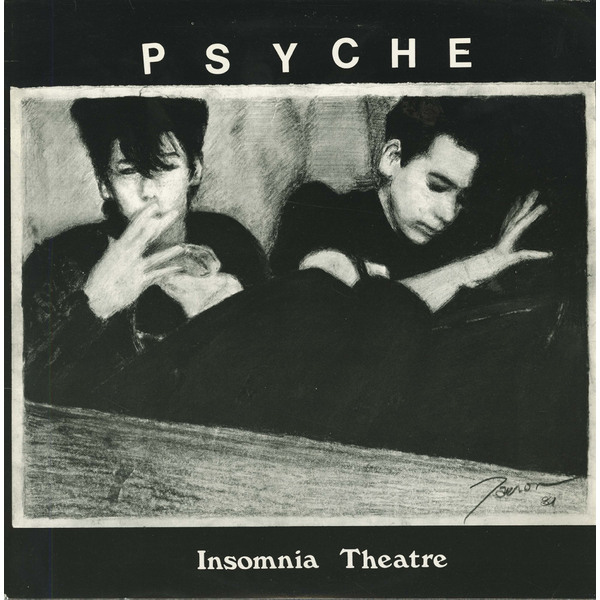
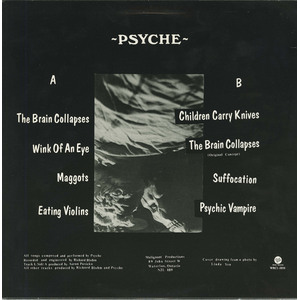
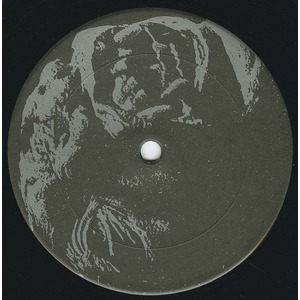
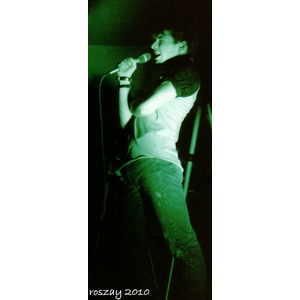
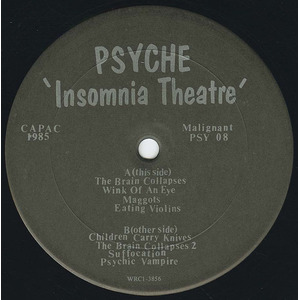
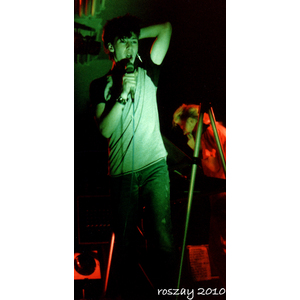
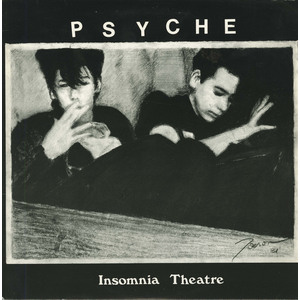
No Comments